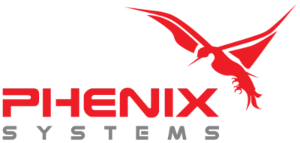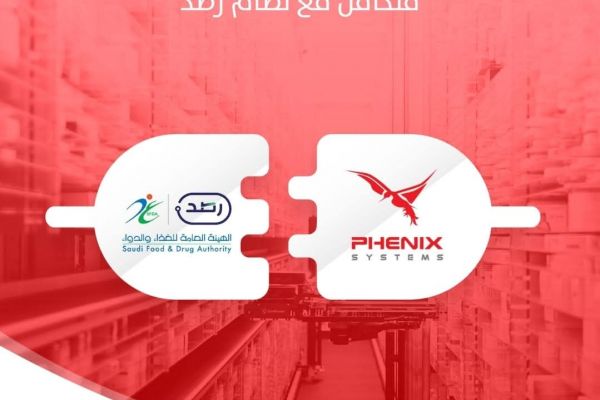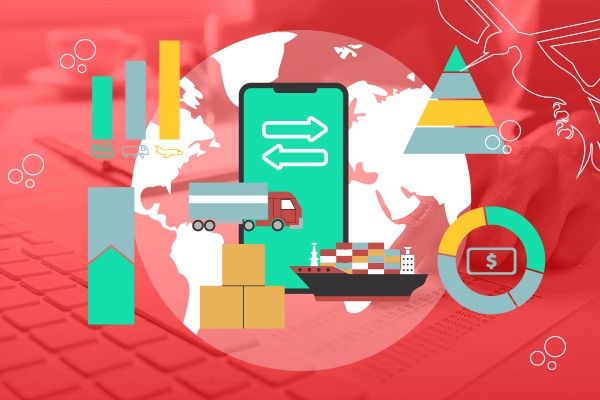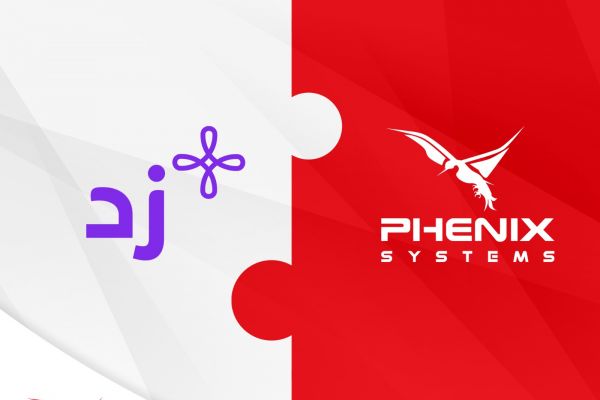Drug tracking is a vital part of the supply chain in the healthcare sector. It aims to monitor and trace the movement of pharmaceutical products from production to the patient. The importance of drug tracking lies in enhancing transparency regarding drug components, shelf lives, storage conditions, and distribution cycles, which ultimately supports patient safety and ensures the quality of medications.
The integration of Phenix software with the RSD drug tracking platform represents a significant step towards improving the quality and safety of the pharmaceutical supply chain. This integration enables the connection of production and supply data from Phenix with the RSD platform, which facilitates monitoring the drug through all its stages—from manufacturing to distribution and ultimately to the patient.
Through this integration, users can easily access batch, container, and drug code information directly from Phenix via the RSD platform. Additionally, it allows for advanced and rapid search capabilities across drug-related data, helping to generate accurate and fast reports for regulatory compliance. This in turn, enhances inventory management, drug tracking, and risk mitigation related to supply and storage.
What is the RSD Platform?
RSD is an advanced digital platform used for drug tracking throughout the supply chain in Saudi Arabia. It aims to improve safety and quality in the distribution of medicines and ensure compliance with health regulations. The system assigns unique codes to each pharmaceutical product and allows tracking of the location and history of each drug unit from its manufacturing or importation to the patient.
The platform provides detailed information about each drug product, including current and previous locations. This simplifies inspection and monitoring efforts, reduces counterfeiting and fraud, and prevents mistakes or illegal practices in drug distribution.
Why is RSD Important?
RSD is crucial in promoting patient safety and ensuring compliance with regulations. It enables authorities to monitor drug movement and verify its authenticity. It also empowers manufacturers, importers, distributors, and pharmacies to identify potentially counterfeit products and provide safe and effective care to patients.
By mandating the use of the platform, the Saudi Food and Drug Authority (SFDA) seeks to increase transparency, accountability, and patient safety throughout all stages of the pharmaceutical supply chain. Moreover, the platform allows pharmacies to gain a competitive edge, enhance their reputation, and build greater customer trust.
Key Features of the RSD Platform:
RSD offers innovative features that help healthcare institutions and patients use the system efficiently, including:
-
Accurate drug tracking across the supply chain to detect any tampering or substitution.
-
Compliance with national health regulations to ensure full transparency.
-
Reduction of counterfeit drugs to the minimum possible level.
-
Prevention of expired or recalled drugs from reaching consumers.
-
Improved healthcare management and streamlined inventory operations.
-
Organized transactions between stakeholders (suppliers, warehouses, pharmacies, consumption centers, and distributors).
-
Use of global coding standards such as GLN, GTIN, and GS1 for easy tracking and verification.
-
Periodic registration and monitoring of pharmaceuticals to confirm safety and efficacy.
-
Enhanced readiness to address potential drug issues.
-
Information exchange mechanisms with other healthcare institutions to support collaboration.
-
Centralized monitoring of all processes through a unified platform for efficiency.
-
Verify genuine, untampered medications through precise checks.
-
Instant alerts to the SFDA regarding expired products.
-
Real-time synchronization with the RSD system.
-
Detailed reporting on stock damage and error causes.
-
Avoidance of financial penalties via automatic sync and easy operation controls.
Integration of the RSD platform with Phenix for pharmaceutical tracking
One of the key advantages of integrating Phenix systems with the RSD (RSD) drug tracking platform in Saudi Arabia, overseen by the Saudi Food and Drug Authority (SFDA), is the ability to link pharmaceutical data within Phenix directly with RSD. This integration brings several benefits, including:
-
RSD Options Configuration
Through configurable options, users can set server connection parameters and assign authorized user credentials for full access to the RSD platform. Additionally, invoice formats can be customized to align with RSD operations—for example, configuring the sales return format to match return transactions. These options also enable users to define all required data fields for drugs intended for linking and transmission, along with other features like error message updates and stakeholder list synchronization.
-
2. Advanced Electronic Operations
The integration enables a wide range of electronic operations to streamline and enhance drug tracking management, such as:
-
Sale:
Report the sale of a drug unit from the pharmacy.
-
Sale Cancellation:
Cancel a previously reported sale transaction.
-
Acceptance:
Accept units transferred to or sent to a pharmacy, including canceling returns.
-
Return:
Cancel a previously accepted transfer.
-
Transfer:
Report the transfer of units from one pharmacy to another or from a center to a consumption point.
-
Transfer Cancellation:
Cancel a previously reported transfer operation.
-
Deactivation:
Report the deactivation of units due to expiry or packaging damage.
-
Deactivation Cancellation:
Cancel a previously reported deactivation.
-
-
3. Invoice Submission
Phenix’s integration with RSD allows for seamless invoice submission based on advanced electronic operations such as sales, cancellations, acceptances, returns, transfers, and deactivations. Users can select invoice types and sub-options, such as warehouses or pharmacies, and determine whether an invoice has been sent or not, set time ranges, and sort by sequence.
Invoices also include customized fields related to client and stakeholder data. Users can view invoice creation dates, branch affiliations, receipt numbers, invoice numbers, submission times, and status, allowing for effective tracking of sent and pending invoices.
-
4. Incoming Package Inquiry
The integration allows users to inquire about incoming packages from a specific supplier using notification numbers and branch IDs. Detailed information is displayed, including item names, batch numbers, serial numbers, and expiration dates.
-
5. SSCC Inquiry
Phenix facilitates invoice tracking using Shipping Container Codes (SSCC). Users can filter inquiries by client number, supplier number, Global Supplier Number (GS1), and shipment number.
Advanced searches can also be performed within reports to filter by shipping dates, serial numbers, item names, batch numbers, and expiry dates, providing a powerful and efficient way to generate accurate and comprehensive reports based on user needs.
Conclusion
The integration between the Phenix system and the RSD drug tracking platform represents a major advancement in the management of pharmaceutical supply chains. It provides detailed visibility into the movement of medical products and contributes to improving operational efficiency, storage, and distribution processes across the healthcare sector while ensuring compliance with high safety and quality standards.
With this integration, pharmaceutical companies and healthcare institutions can fully utilize the RSD platform through the Phenix interface—making it easier and more efficient than accessing RSD through its separate web portal.






Comments (0)